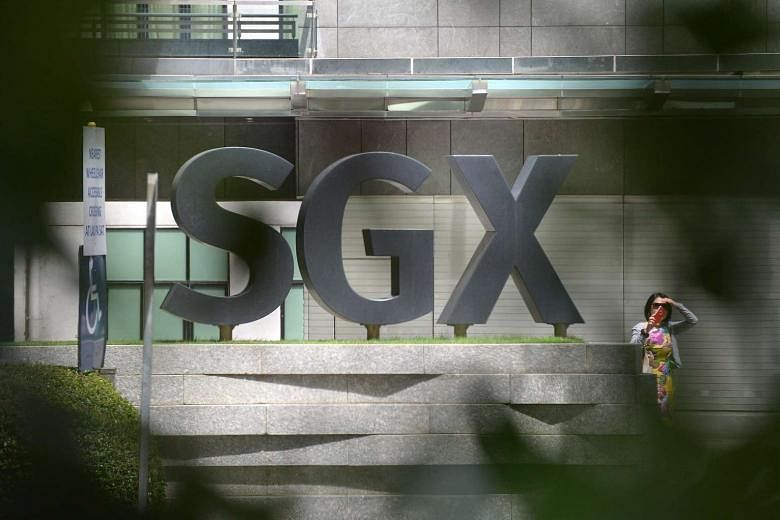Are Singapore investors ready for dual class shares (DCS), a structure giving some shareholders such as founders greater voting rights? And just how effective are proposed safeguards to mitigate their perceived risks?
These were among the issues raised at a round-table discussion held yesterday by the Singapore Exchange (SGX) and National University of Singapore Faculty of Law on the feasibility of introducing DCS structures here.
"The adoption of a well-defined DCS structure could be a progressive step for our capital markets as we ready ourselves as a capital-raising venue for new industries," SGX chief executive Loh Boon Chye said.
Dual class listings are seen as a potential panacea for the dearth of big initial public offerings.
After a Singapore Companies Act amendment to allow public companies to have DCS took effect in March and the Listings Advisory Committee (LAC) endorsed it with certain "safeguards" to mitigate risks, SGX moved closer to opening its doors to DCS. A public consultation will be held by year-end before SGX makes its decision.
Concerns were raised on checks and balances for such structures and whether interests could be aligned if shareholder voting power and economic rights are mismatched.
"The fundamental question is whether there should be an emphasis on protecting assets or enhancing shareholder value. So there is this whole issue of trust that underpins many of the arguments: How can we trust management if we have no control over you at all?" SGX chief regulatory officer Tan Boon Gin said.
Safeguards to mitigate risks proposed by the LAC were discussed. Several panellists said investor awareness over the governance structure of companies they are investing in is crucial.
Straits Times senior correspondent Goh Eng Yeow said: "One of the LAC's recommendations is that it should be mandatory for a dual class listed company to implement a code of corporate governance. And one part of the code is the role of independent directors. But how frequently do you have independent directors raising issues on management?
"We should also ask if the investing public understands the issues involved and whether they are ready for these substantially different voting rights in a listed company."
Others believe small investors are already familiar with entrenchment risks. "It is common that major shareholders hold a 40 per cent or more stake in listed companies. Even if small investors get together, they can't affect the appointment of directors or executives' remuneration. So for them, there already exists two classes of shares - majority-owned shares and minority shares," said Mr Ang Hao Yao, a private investor and member of the corporate governance committee of the Securities Investors Association (Singapore).
A potential safeguard could be to give newly listed dual class companies "an incubation period, which means founders know they have a limited period to control the company with a firmer hand. And after that, control will devolve to another level of management, and the founders have less entrenched rights," said Ms Stefanie Yuen Thio, TSMP Law's joint managing director.


